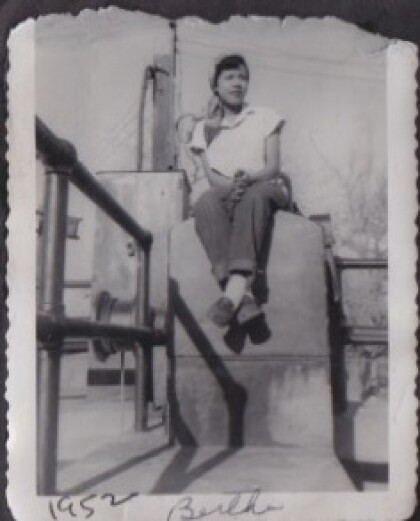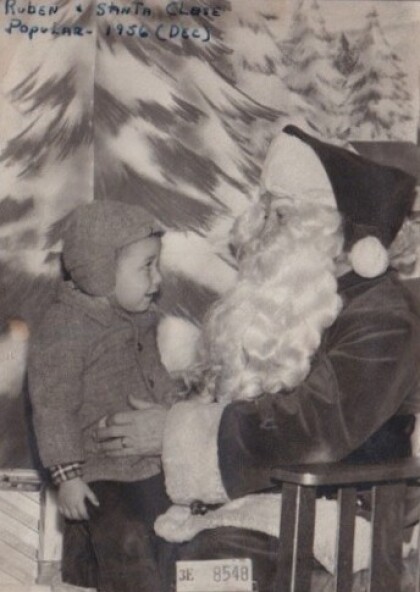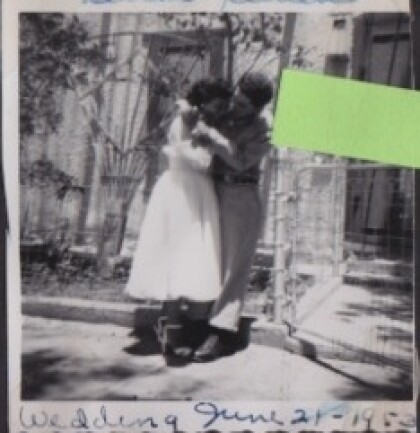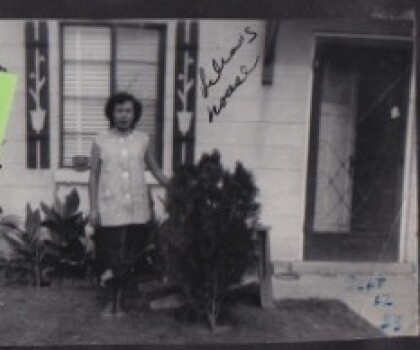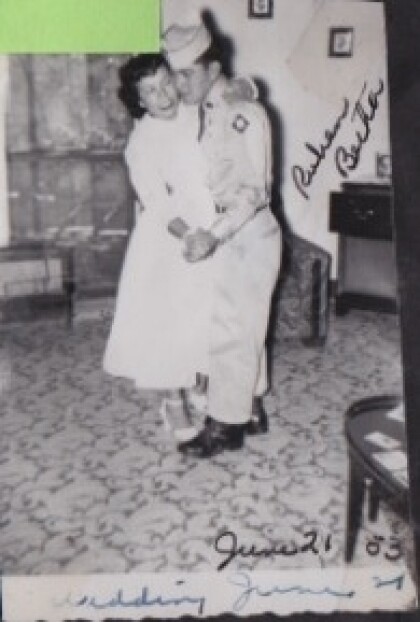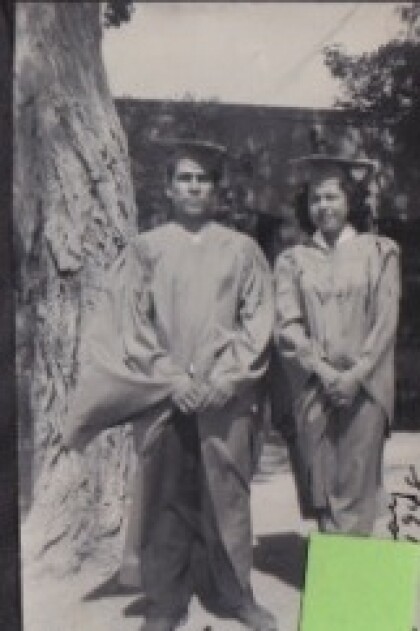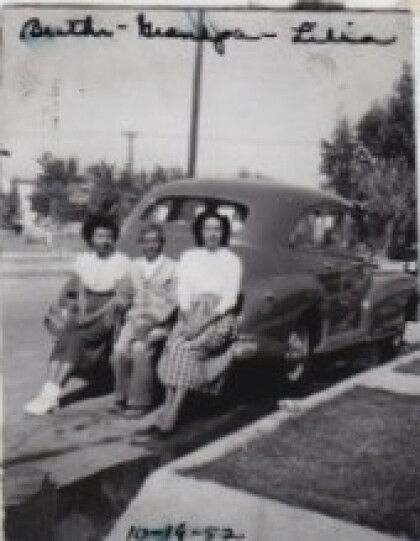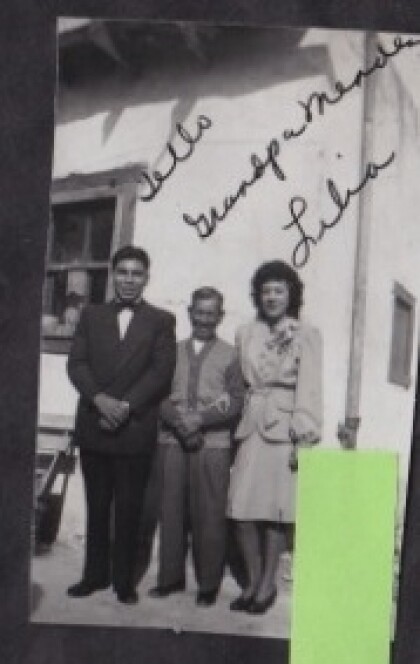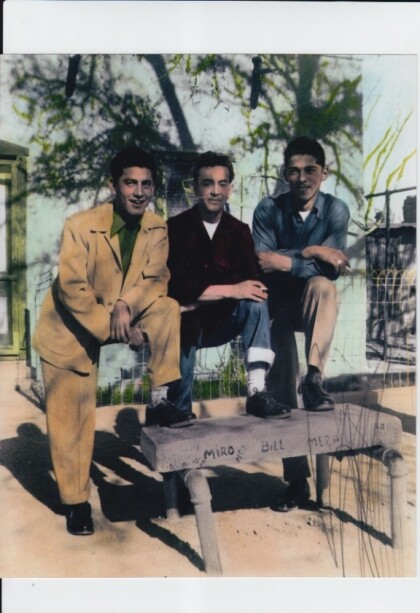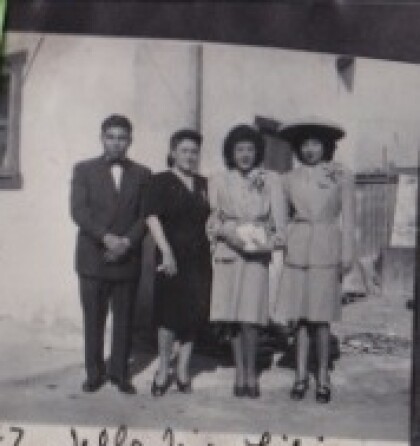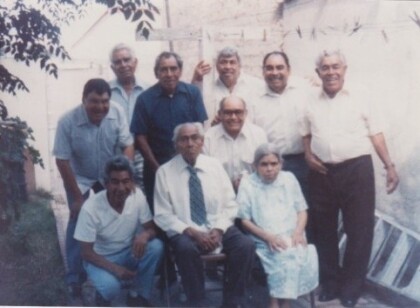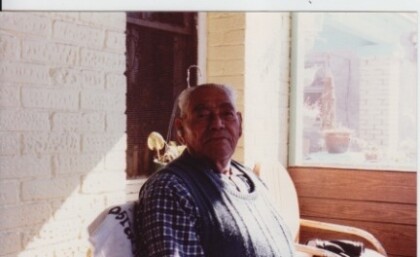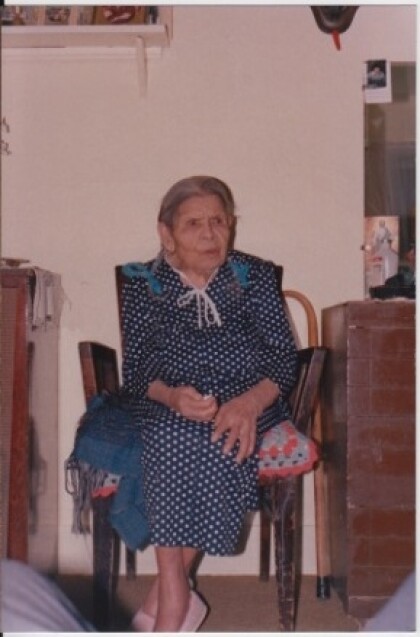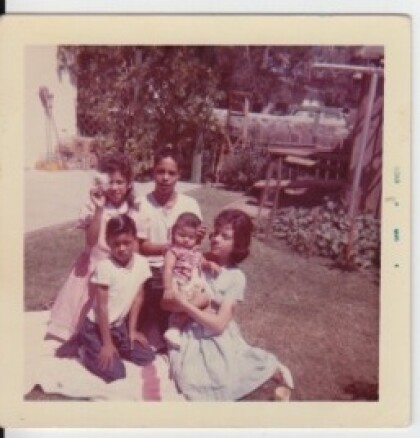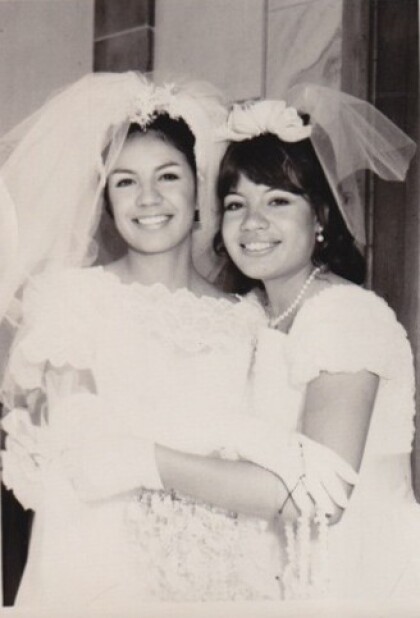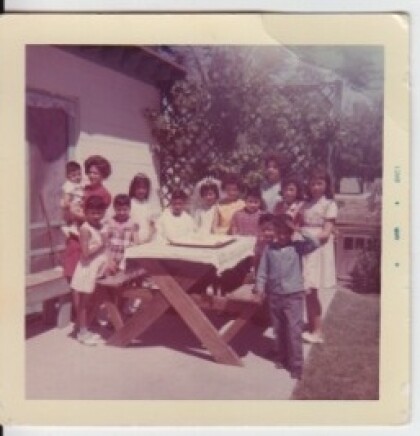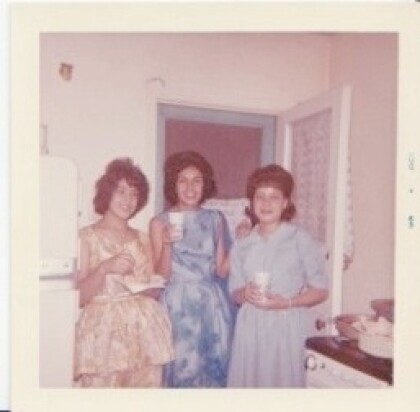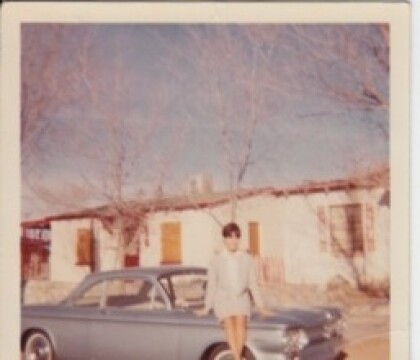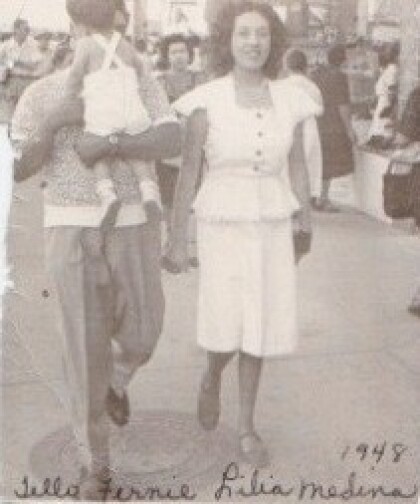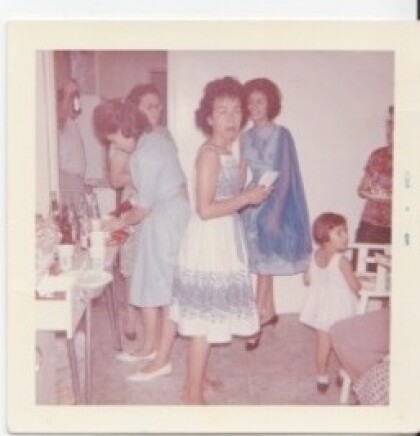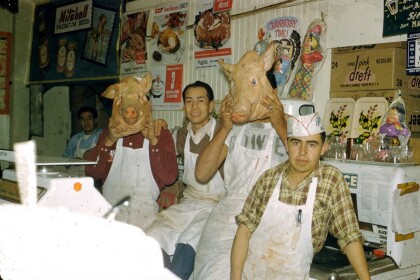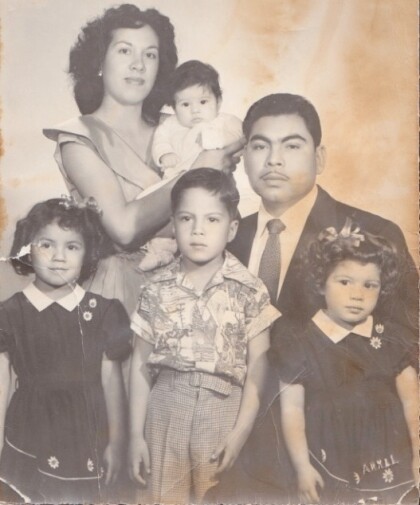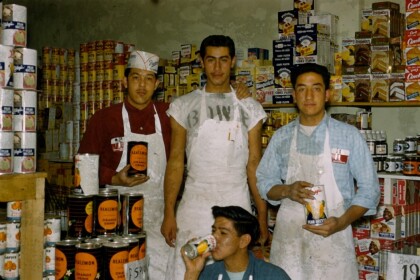Leona Ford Washington
Leona Ford Washington
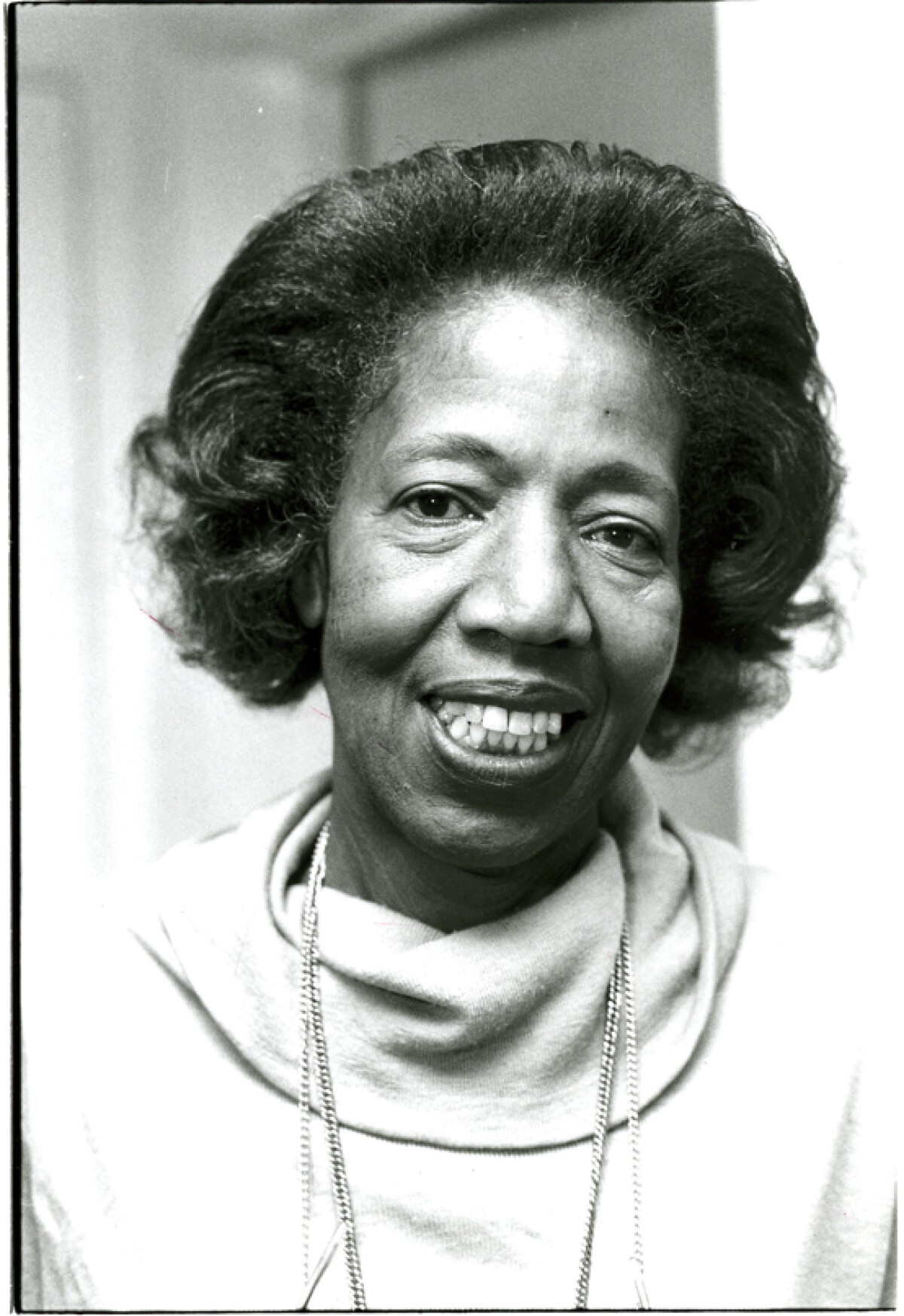
Leona Ford Washington
Leona Ford Washington (1928-2007) was teacher, community activist, newspaper publisher, and founder of the McCall Neighborhood Center in El Paso. She grew up in El Segundo Barrio and attended Douglass School, the only school blacks could attend until 1956. Leona received her bachelor’s degree and master’s degree from Prairie View A&M College (now Prairie View A&M University) and after, taught first in Las Cruces and then in El Paso. She married James Washington and had a son (who died in infancy) and a daughter, but the marriage was dissolved. Mrs. Washington taught for thirty-nine years in the El Paso Independent School District, initially at the segregated Douglass School and subsequently retiring from Alta Vista Elementary School in 1989. She was fluent in Spanish and particularly knowledgeable about the histories of the Mexican-American and Native-American communities of El Paso. Throughout the years, many El Pasoans sought her advice in improving the city and race relations. She was very active in El Paso's black community and supported the Second Baptist Church. Washington was engaged with the Martin Luther King Committee, the annual Miss Black El Paso Southwest Scholarship Pageant, the Phillis Wheatley Chapter of El Paso, the NAACP, the El Paso Community Foundation Advisory Board, the Arts and Resources Board of El Paso, and the Planned Parenthood Board of El Paso. She is especially well known for the founding of the non-profit McCall Neighborhood Center, established in 1983 and named in honor of the famed Douglass High School Teacher Olalee McCall and her husband, Marshall McCall, who served as the city’s first African-American mail carrier for the United States Postal Service. She also wrote and edited "The Good Neighbor Interpreter" newspaper (formerly known as the "Southwest Torch"), which focused on the history of the black community. For her engagement, Leona Washington gained numerous awards. During the 1980s Washington composed a song on El Paso, “The City of El Paso,” which Mayor Jonathan Rogers adopted as the city’s official song, Many El Pasoans not only credit her for building up the back community in El Paso but also for establishing good relationships with other groups—Anglos, Mexican and Mexican Americans, Asian Americans, and Native Americans.
